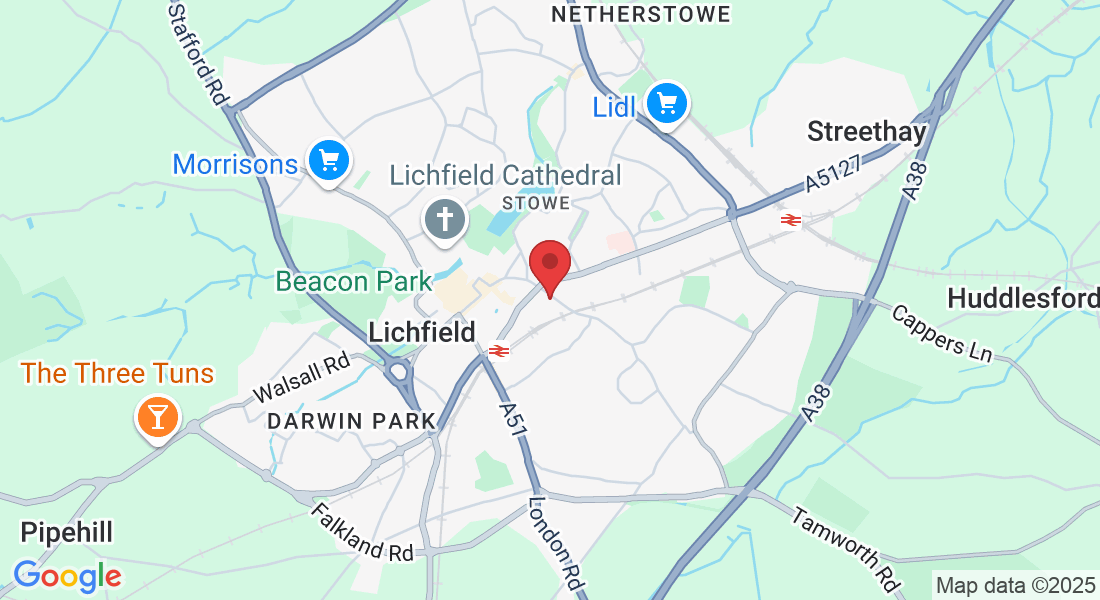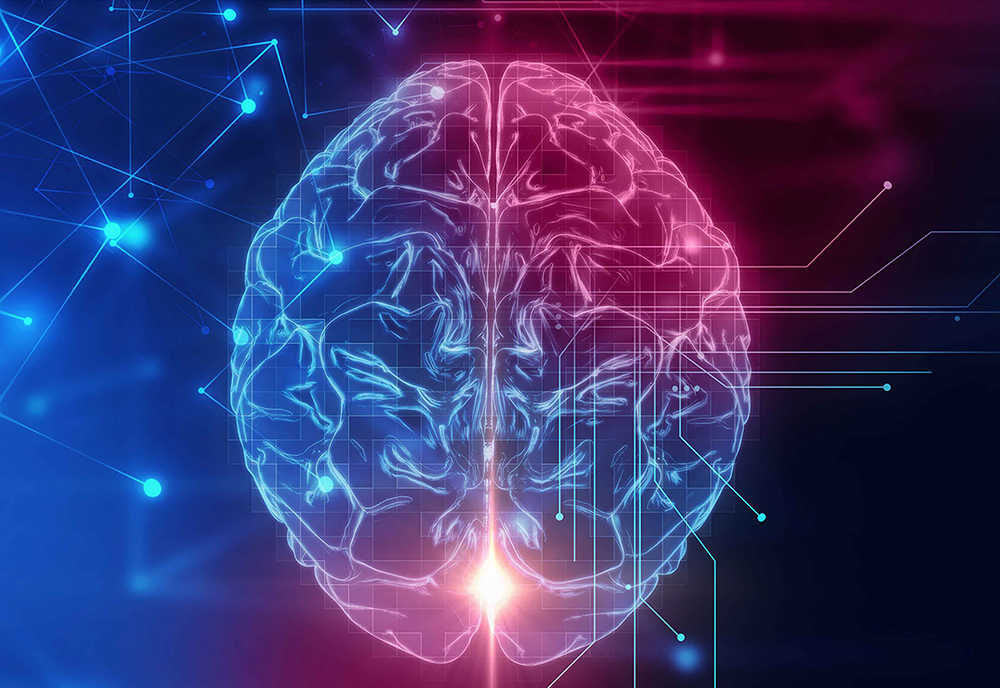
welcome
Neurogenics Autism Clinic
Cutting Edge Assessment and Treatment Applications For Promoting and Maintaining A Balanced Brain
functional medicine
functional neurology
functional psychiatry
We Understand Autism
Autism, or Autism Spectrum Disorder (ASD), is a neurodevelopmental condition affecting communication, social interaction, and behaviour, often appearing in early childhood. Symptoms vary widely, from mild to severe. In the 21st century, autism prevalence has significantly increased, partly due to better awareness, improved diagnostic criteria, and broader definitions. Current estimates suggest that around 1 in 36 children are diagnosed with ASD, making it one of the most common developmental conditions globally, affecting individuals across all communities..
Core Symptoms Of Autism
The signs of autism spectrum disorder typically appear by age 2 or 3 of a child’s life, but if developmental delays are more severe, autism symptoms may become evident in very young children, including those under age 1. ASD affects each person differently. The following list includes several of the core symptoms of autism; however, because it is a spectrum disorder, not all people with an ASD diagnosis will have every symptom. Boys are 4 times more likely than girls to be diagnosed with ASD.
When children with autism spectrum disorder are untreated, misdiagnosed, or have a delayed diagnosis of autism (ASD), it is associated with higher incidences of other medical conditions and mental disorders, including:
Echolalia (repeating words or sentences others say)
Speech delays or significantly impaired language skills
Poor eye contact
Deficits with social skills
Sleep disorders
Narrow food preferences
Intellectual disability
Self-injurious behavior, such as repetitive head-banging, scratching, or biting
Social isolation, particularly for older people with autism spectrum disorder who live alone
xxx
Deficits in non-verbal communication, such as understanding social cues and reading facial expressions
Difficulty with reciprocal communication or ability to initiate communication with other children or adults
Repetitive movements, such as rocking or hand flapping
Rigid adherence to routines and habits
Repetitive use of objects, such as always lining up toys or turning things upside down
Behavioural symptoms
Difficulty learning new skills
Aversion to change
Sensory sensitivities
Having an intense focus on certain things
What Causes Autism ?
It is now known that ASD does not have a singular cause. Research suggests that this is a developmental disability caused by a genetic component that can be influenced by environmental factors to trigger the condition. Certain circumstances that increase the risk for being on the autism spectrum have also been identified, including having older parents, having a sibling with ASD, very premature birth or really low birth weight, fetal exposure to the medication valproate, and maternal pregnancies less than one year apart.
Autism spectrum disorder is one of the fastest growing developmental disorders in the world today. Early brain development is affected by ASD, including the way neurons communicate with one another leading to a wide array of problems including difficulty with everyday skills. However, there is not just one brain problem found in adults and children with autism—there are 8 to 10 suspected factors that can influence abnormal brain function leading to this developmental disability.
The sooner a child with this condition receives autism spectrum disorder treatment, the more effective it will be. Early diagnosis and intervention can help with a child’s development overall and decrease symptoms as your child grows up. It’s important to know that adults with ASD can benefit from autism treatment options too.
Consequences Of Untreated Autism
Worsening of symptoms and developmental problems
Immune disorders (allergies, asthma)
Diabetes
Heart disease
Cerebral palsy and related motor disorders
Cancer
Obesity

Alan Lee LicAc ND DO CFMP
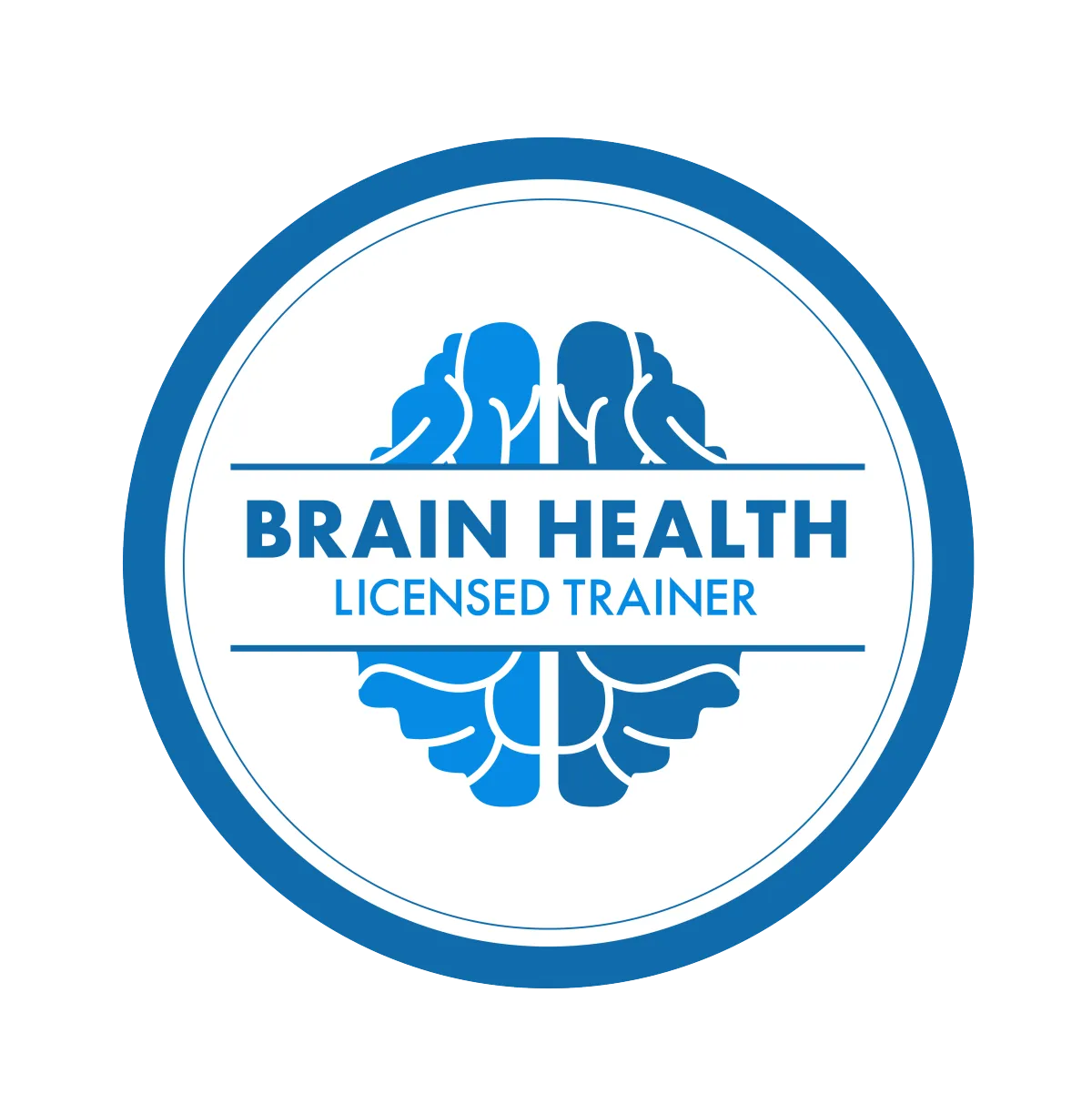
licensed brain health trainer
certified ADHD practitioner
certified ADHD training provider
certified functional medicine practitioner
post graduate functional neurology
With over a decade of experience in functional medicine and functional neurology, Neurogenics ADHD Clinic offers unparalleled expertise in addressing ADHD with a personalised and holistic approach. Our clinic director, Alan Lee, is a certified ADHD practitioner and provider, dedicated to transforming lives through evidence-based care. Alan also leads ADHD training programmes for medical professionals, parents, and educators, ensuring that our knowledge and strategies empower not just individuals, but entire communities.
The Discovery Consultations 1, 2 and 3
First Consultation
The first discovery consultation assesses your autism symptoms looking for frequency and severity. We examine lifestyle correlations involving patterns of sleep issues, stress related factors, dietary factors et al. We also examine any past blood tests looking for influencing factors. We will also make recommendations for up to date lab tests as deemed necessary.
Second Consultation
In the second discovery consultation we correlate up to date lab tests with the overall symptom picture to get to the root cause of autism symptoms. In te second consultation you have the option of a qEEG brain assessment that will show in real time your brain activity and highlight areas of concern. In the second consultation we also discuss the importance of new lifestyle habits, brain dietary program and nutritional and herbal supplementation.
Third Consultation
In the third discovery consultation we mark ongoing progress and adjustments as previously discussed.
The Procedure
autism symptom assessment ( 1st session )
lifestyle analysis ( 1st session )
dietary analysis ( 1st session )
basic blood chemistry analysis - required ( 2nd session )
advanced blood chemistry analysis - optional ( 2nd session )
qEEG brain scan - optional ( 2nd session )
treatment planning ( 3rd session )
Start here. Complete our fifty question baseline autism symptom profile
£120 | 60 - 90 mins
STILL NOT SURE?
Frequently Asked Questions
We understand lorem ipsum dolor sit amet, consectetur adipisicing elit.
Question 1: What is the importance of a root cause analysis of ADHD ?
Root cause analysis in ADHD treatment is vital for uncovering underlying contributors - such as nutritional deficiencies, trauma, gut imbalances, or neuroinflammation - allowing for personalised, targeted interventions beyond symptom suppression, and supporting long-term brain and behavioural health.
Question 2: What is the difference between functional neurology and mainstream medicine in the assessment and treatment of ADHD ?
Functional neurology focuses on identifying and rehabilitating specific brain networks involved in ADHD, using non-drug interventions. Mainstream medicine typically relies on diagnostic criteria and medication, with less emphasis on underlying neurological function or personalised treatment.
Question 3: When is the success rate of functional neurology in the treatment of ADHD ?
The success rate of functional medicine and functional neurology in the treatment of ADHD varies by individual, but many practitioners report significant improvement in 60–80% of patients, particularly when underlying causes are accurately identified and addressed.
Question 4: What are the drawbacks of the drug treatment in mainstream medicine treatment for ADHD ?
Mainstream ADHD drug treatments may cause side effects like insomnia, appetite loss, anxiety, or mood swings. They often manage symptoms rather than address root causes, and long-term reliance can affect brain chemistry and emotional regulation.
£120 | 60 - 90 mins
OUR LABORATORY PARTNERS
Who We Work With
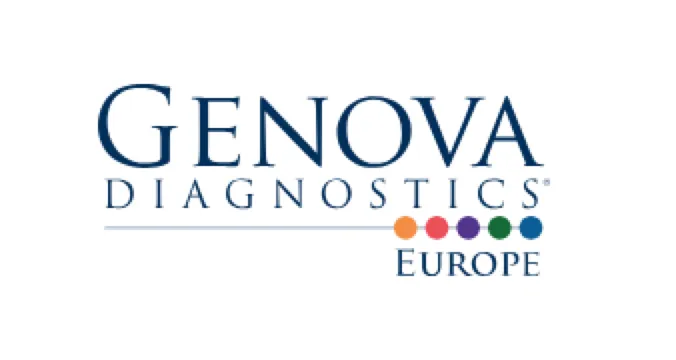



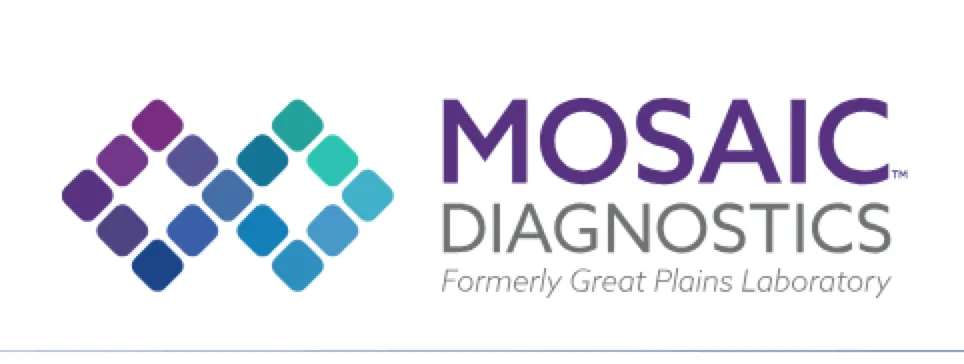

Associated Clinics
Functional Medicine • Functional Neurology • Functional Psychiatry
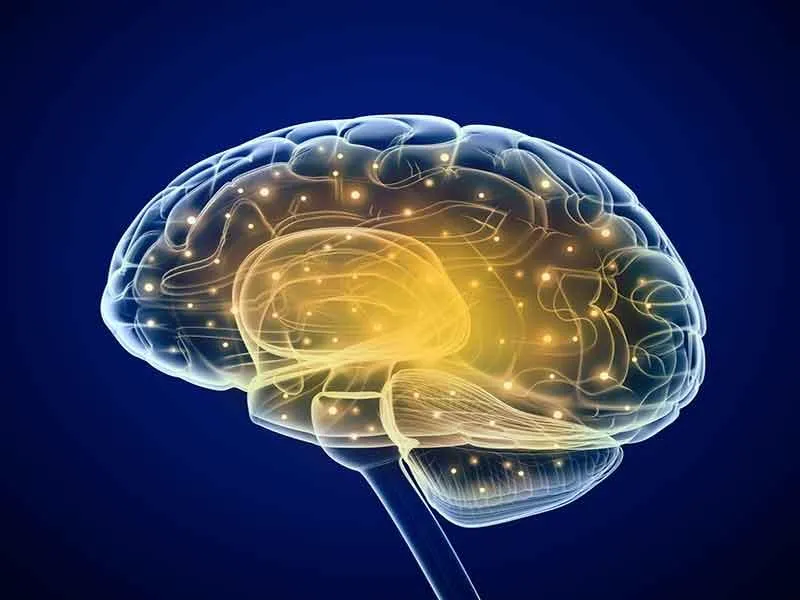
The Mental Health Initiative
A a high quality of mental wellness may be deemed your most precious asset. We provide training programs for businesses and individuals ...

Neurogenics Memory Clinic
Cutting edge assessment, diagnostics and treatment applications for reversing early to mid stage cognitive decline and dementia

Neurogenics Brain Fatigue Clinic
Brain fatigue is now almost an epidemic in the UK and developed countries. Learn about the Neurogenics way of assessment and treatment
T.R.U.S.T.
The Newsletter Of The Mental Health Initiative and Mental Wellness Community
TRUST, the newsletter of The Mental Health Initiative, delivers cutting-edge, inspirational knowledge for both everyday readers and mental health professionals. Packed with practical insights, expert answers, and empowering tools, it helps you make smart, informed decisions about brain and mental wellness—so you can thrive, not just survive, in today’s world
T ... topical
R ... reliable
U ... useable
S ... succint
T ... transformative
Macclesfield Contact Details
Alan Lee
Fernbank House, Springwood Way, Macclesfield
Cheshire SK10 2XA
07814 528087
Copyrights 2025 | YNeurogenics ADHD Clinic | Terms & Conditions

